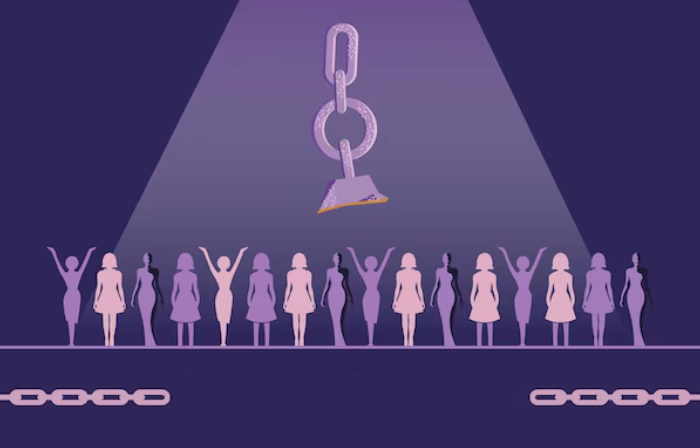Programs
- M. Tech. in Automotive Engineering -Postgraduate
- B. Sc. (Hons.) Biotechnology and Integrated Systems Biology -Undergraduate

This project aims to empower multi-stakeholders to combat Gender-Based Violence (GBV) through collaborative efforts. The project will map existing initiatives by multi-stakeholders addressing GBV, enhance capacity building, knowledge transfer, and awareness among stakeholders.
The project intends to cover Kolar District of Karnataka and will be engaging a diverse range of stakeholders, including gender point persons, self-help group members, police officials, social workers, gender forum members, and social action committee members. The basic objective is to achieve enhanced legal awareness, improved mental health and well-being, promoted gender harmony, reduced GBV through a strengthened support system, and advanced sustainable development and women’s empowerment.
The project will be implemented in five phases:
Target Demographics and Region: Kolar, a city that is a part of the Indian state of Karnataka, is called the Golden City of India. According to the district website, there were six blocks and 156 panchayats, 2092 villages, and 9,800 SHGS in the Kola district. The multi-stakeholders, such as a gender point person, self-help group members, police, social workers, members of a gender forum, social action committee members, etc.
Research Questions:
These three research papers are under the publication process: